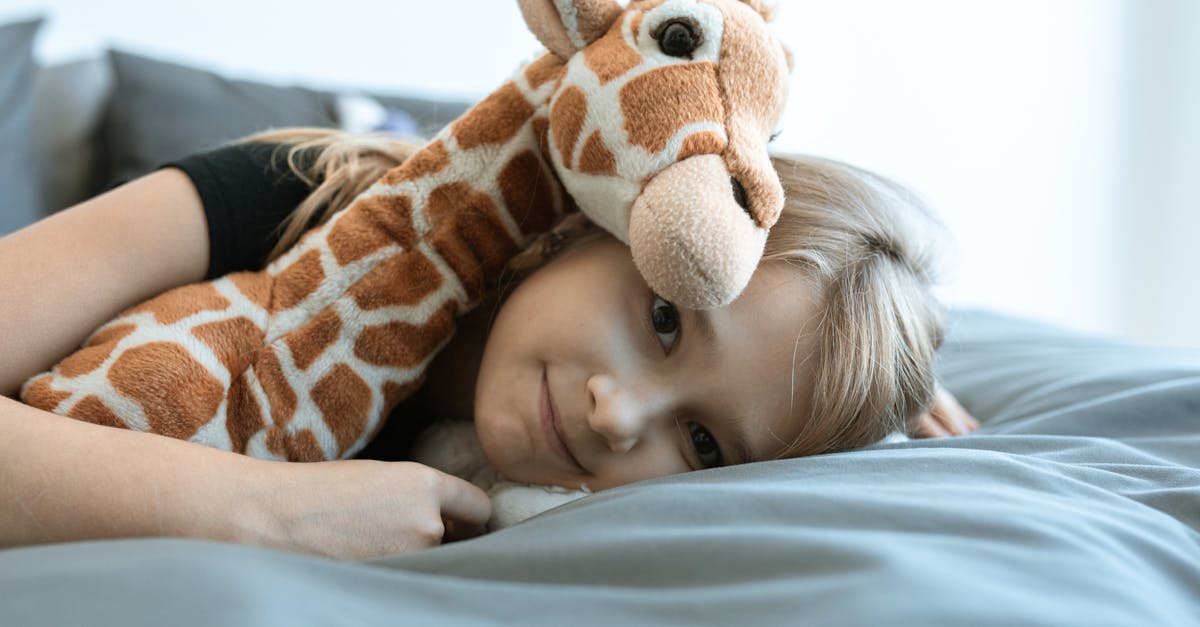Bringing home a newborn is like welcoming a tiny, adorable alarm clock that only knows how to ring at the most inconvenient times. Parents often find themselves navigating the chaotic world of sleepless nights and endless diaper changes. But what if there was a way to turn that sleep-deprived chaos into a peaceful slumber for both baby and parents?
Newborn sleep education is the key to unlocking those elusive hours of shut-eye. With a sprinkle of knowledge and a dash of humor, parents can learn the secrets to soothing their little ones into dreamland. From understanding sleep cycles to creating the perfect sleep environment, this guide will transform bedtime battles into sweet dreams. So grab a cup of coffee and get ready to discover how to turn your home into a haven of restful nights.
Table of Contents
ToggleUnderstanding Newborn Sleep Patterns
Newborns experience unique sleep patterns crucial for their development. Parents can navigate these patterns by understanding how newborns sleep.
The Sleep Cycle of Newborns
Newborns typically sleep in cycles lasting about 50 to 60 minutes. Each cycle consists of active sleep, characterized by movement and rapid eye movement, and quiet sleep, where the baby is still and restful. Active sleep plays a critical role in brain development, while quiet sleep allows for growth and recovery. A newborn may spend up to 16 to 18 hours a day sleeping, making it essential for parents to recognize these cycles. By observing babies during sleep, parents can identify when their newborn is in deep sleep or transitioning between stages. This awareness helps in optimizing environments conducive to quality rest.
Typical Sleep Duration and Needs
On average, newborns sleep between 14 to 17 hours daily over 24-hour periods. Sleep patterns vary from baby to baby, with some sleeping as little as 11 hours and others as much as 19 hours. Circadian rhythms don’t fully develop until around three months, resulting in irregular sleep patterns during the initial weeks. Newborns typically wake every 1.5 to 3 hours for feedings, reflecting their nutritional needs. Parents should monitor their baby’s cues for sleepiness and respond promptly, as this fosters a healthy sleep routine. Establishing consistent sleep environments can significantly enhance a newborn’s sleep quality.
Importance of Newborn Sleep Education
Understanding newborn sleep plays a crucial role in promoting health for both babies and parents. Proper sleep education equips families with necessary tools for establishing healthy sleep habits early on.
Benefits for Newborn Health
Sleep serves as a foundation for newborn health, supporting critical brain development and physical growth. Research indicates that newborns sleep between 14 to 17 hours daily, promoting essential functions like memory consolidation and healing. Quality sleep enables better immune function and reduces the risk of sleep-related issues. Observing sleep cues allows parents to respond promptly, ensuring their newborn receives adequate rest. Creating a consistent sleep environment can help facilitate a smoother transition through sleep cycles.
Impact on Parental Well-Being
Parental well-being significantly hinges on educating about newborn sleep. Lack of sleep can lead to increased stress, anxiety, and irritability for parents. Educated parents can anticipate sleep patterns, resulting in improved self-care and the ability to manage daily responsibilities. Having a well-rested caregiver positively impacts the entire family dynamic. Parents who engage with sleep education often report feeling empowered, confident, and equipped to handle the challenges of early parenthood. Successful sleep strategies foster a nurturing environment, enhancing overall family well-being.
Common Sleep Challenges
Newborns often face various sleep challenges that can affect their rest and, consequently, the well-being of their parents. Identifying these issues early can lead to more effective solutions.
Identifying Sleep Issues
Recognizing potential sleep issues starts with observing behaviors. Parents should look for signs like fussiness, difficulty settling down, or frequent wake-ups. Noticing these cues can indicate that a baby struggles with sleep transitions. Tracking sleep patterns over time provides valuable insights into specific problems, enabling caregivers to determine if something disrupts the baby’s natural rhythm. Proper identification aids in developing an effective strategy to improve sleep quality.
Tips for Addressing Sleep Problems
Creating a calming bedtime routine helps signal to a baby that it’s time to sleep. Parents can incorporate soothing activities like gentle rocking or soft music. Establishing a consistent sleep schedule also reinforces healthy sleep habits. Using a dark, quiet environment further promotes restful sleep. Monitoring feeding schedules can ensure that babies aren’t waking due to hunger. Lastly, practicing patience is crucial, as sleep challenges often resolve over time with consistent support.
Strategies for Promoting Healthy Sleep
Newborn sleep education equips parents with essential techniques for fostering healthy sleep habits. Various strategies can significantly enhance a newborn’s sleep quality.
Establishing a Sleep Routine
Creating a sleep routine benefits both parents and newborns. Consistency in bedtime helps signal to the baby that it’s time to sleep. Establishing a calming pre-sleep ritual, such as gentle rocking or reading a short book, prepares the baby for rest. Parents can implement these routines from the first few weeks of life. They should focus on keeping nighttime interactions quiet and soothing to promote longer sleep stretches.
Creating a Sleep-Friendly Environment
An ideal sleep environment promotes better sleep for newborns. The room should remain dark, quiet, and cool, ideally between 68 to 72 degrees Fahrenheit. Using blackout curtains can block out light, while white noise machines or soft music can mask distracting sounds. Parents should ensure the crib is safe and free from toys and loose bedding. Regularly checking the baby’s sleep space contributes to a calm and secure atmosphere, further enhancing sleep quality.
Newborn sleep education is essential for navigating the early days of parenthood. By understanding sleep cycles and implementing effective strategies, parents can create a nurturing environment that fosters healthy sleep habits for their little ones. Embracing this knowledge not only alleviates stress but also enhances the overall family dynamic.
As parents become more attuned to their baby’s sleep cues, they’ll find greater confidence in managing sleep challenges. This journey may be filled with ups and downs, but with patience and consistent routines, restful nights are within reach. A well-rested caregiver contributes to a thriving family atmosphere, making the adventure of parenthood all the more rewarding.








